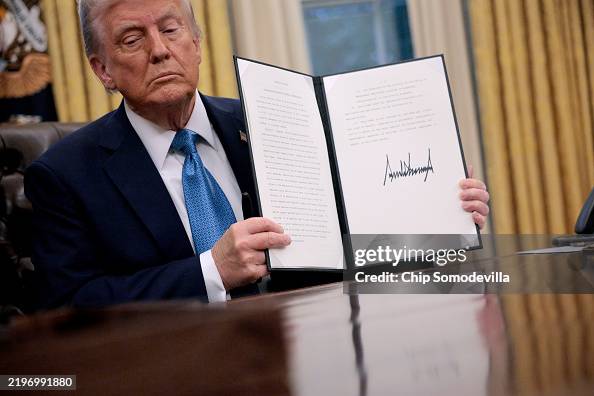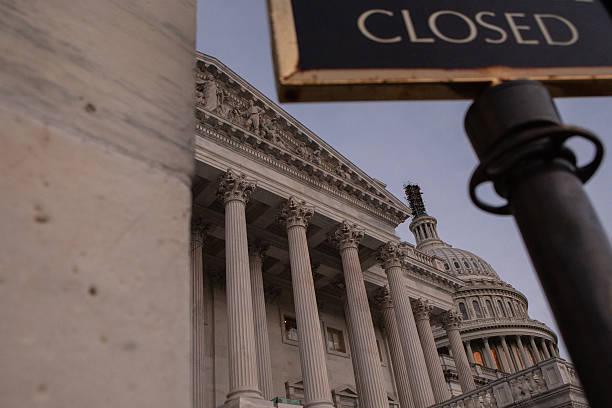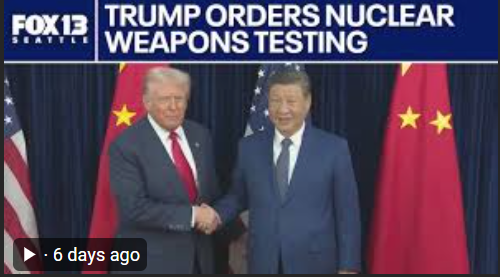President Donald Trump began February by signing executive orders that imposed significant tariffs on Mexico, Canada, and China. The orders have placed a 25% tariff on goods imported from Mexico and Canada and a 10% tariff on goods from China.
The tariffs implemented by the Trump administration aim to decrease the flow of illegal immigrants and the deadly fentanyl entering the United States. These executive orders are designed to hold the three countries accountable for their individual roles in contributing to these issues.
In response to America’s tariffs, Canada threatened to place retaliating tariffs and China claimed they would “take necessary measures” to protect their economy. If these tariffs were in place, economists theorize that it would send Canada and Mexico into a recession, and more than likely raise prices in the United States on items like gasoline, cars, lumber, and more items that we import from the countries.
Following negotiations, President Trump agreed to delay the tariffs on Canada and Mexico for 30 days. Both countries have taken further steps to address the concerns of the Trump administration regarding the poisonous drugs and immigration. The delay of tariffs has allowed for additional security on the Canadian and Mexico border.
Canada has announced plans to secure the Northern Border, with a $1.3 billion initiative set to be implemented soon, while Mexico has deployed 10,000 soldiers to the Southern border.
The tariffs on China are still in place, causing disruptions in shipping and trade for many goods across various platforms. On Tuesday night, the U.S. Postal Service announced that it would temporarily halt the acceptance of inbound packages shipped from China and Hong Kong. This pause did not last long, though, as on Wednesday it was announced USPS and Customs and Border Protection are working closely together to get the issue figured out.
China has declared that starting February 10, there will be a 15% tariff implemented on coal and natural goods imported to the U.S.. Along with this, China’s ambassador to the United Nations has stated the country will be filing a lawsuit against Trump’s tariffs.
Although the future of these countries remains uncertain, economists globally express concern. The long-term effects on the United States economy are unclear as the world grapples with these strained relationships.
















